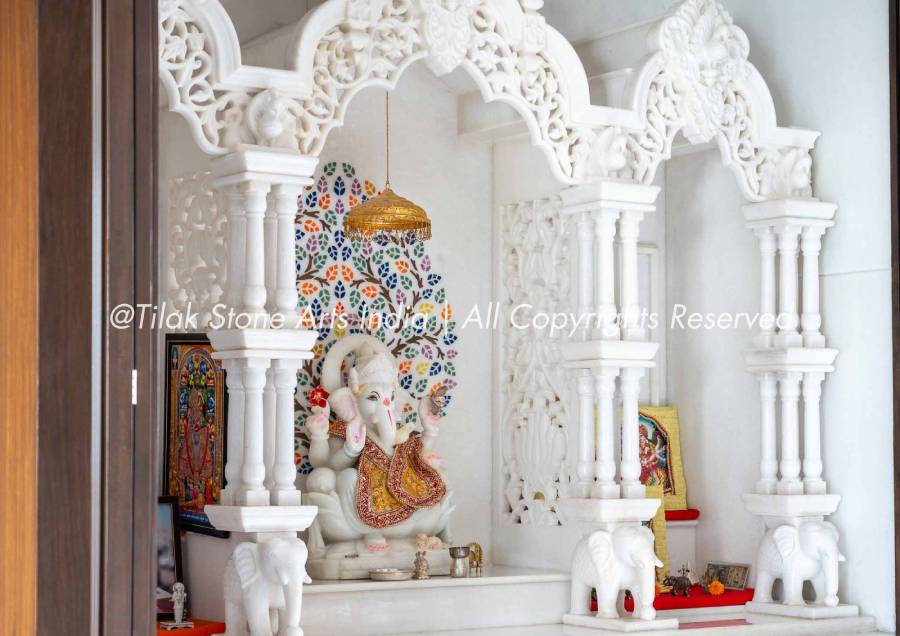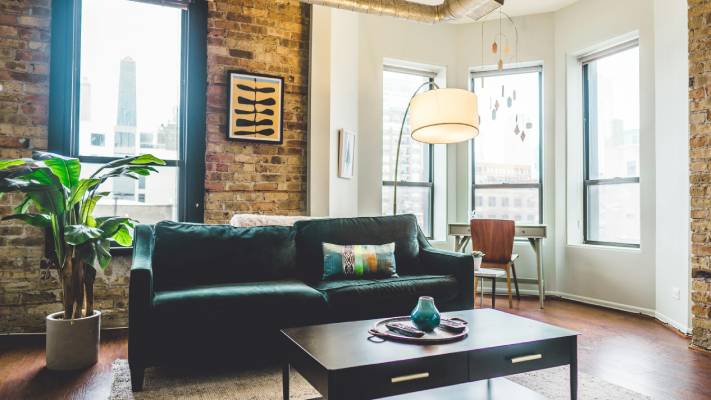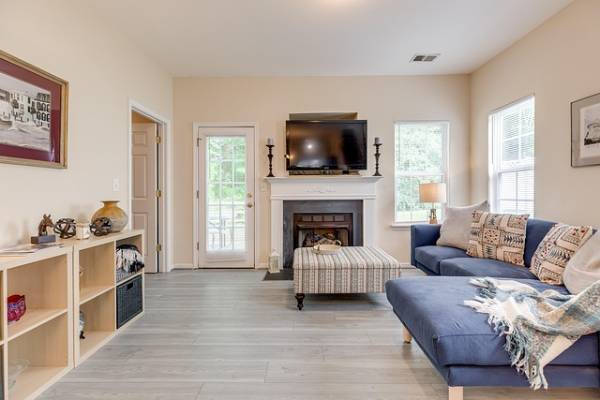The aspirations of Mumbai’s affluent homeowners have evolved dramatically over recent decades. Modern residences now […]
7 Furniture Arrangement Mistakes Making Your Room Look Smaller
Ever walked into a room and felt like the walls were closing in? The culprit […]
Why Small Talk Might Be Your Most Valuable Business Skill (And How to Master It)
Most professionals spend years perfecting their technical skills, building impressive resumes, and chasing advanced degrees. […]
The Role of Technology in Education
People, with the help of technology, are able to shape the world into what they […]
Simplified Guide to Reorganizing Your Kitchen for Better Efficiency
Organizing the kitchen is beneficial since it considerably improves the ease with which one can […]
How to Develop a Well-Rounded Approach to Fitness: Blending Aerobic Exercise, Resistance Work, and Stretching
Striking a balance in creating a fitness plan is fundamental for the achievement of the […]
How to Choose the Perfect Smart TV: A Complete Buying Guide
In the current era, using a smart TV not only enables the user to watch […]
10 Timeless Design Elements to Elevate Your Home’s Style
When it comes to home design, trends come and go, but some elements stand the […]
Mindfulness and Mental Health: Practical Tips for Everyday Stress Reduction
In today’s fast-paced world, stress often feels like an inevitable part of life. Juggling work, […]








